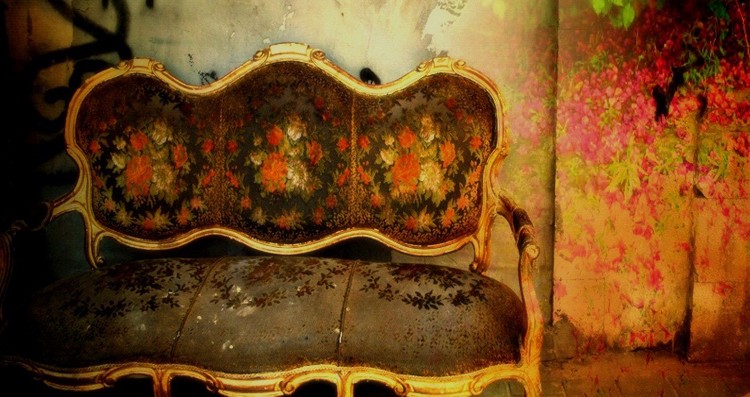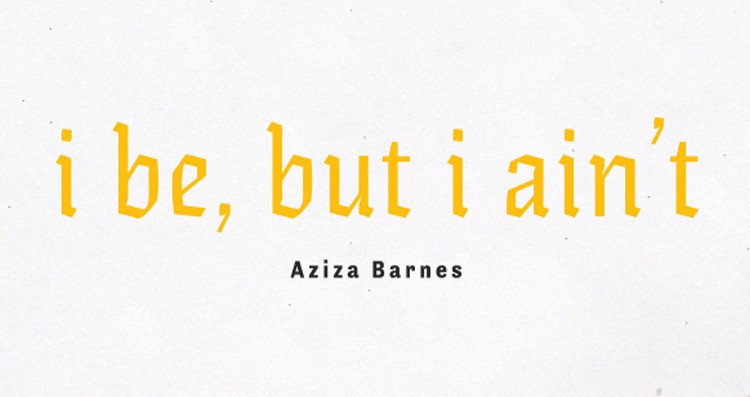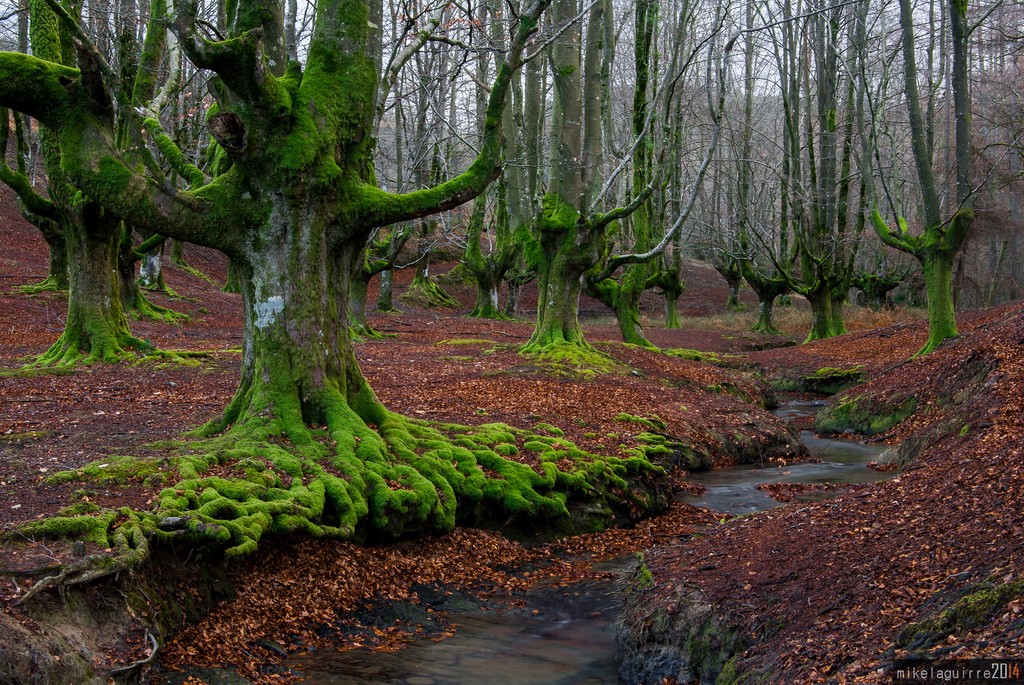Books & Culture
Struggling with What It Means to Be Popular
The poetry in Claudia Cortese’s Wasp Queen is unique and honest

Middle school’s hard. I wasn’t sure I wanted to think about it again until I read Claudia Cortese’s impressive debut poetry collection, Wasp Queen. It follows the presumably fictional “Lucy” from childhood to early adolescence as she, like each of us, tries to figure it all out: how to be popular, how to feel beautiful, who loves her. Lucy struggles with weight as a beauty standard, with popularity.
I wish this book had been around for me to read in middle school (maybe high school, due to some of the language — though none of it is language foreign to a middle schooler). Its situations are true for most young girls at any time, despite references that date the work (Cyndi Lauper and the phrase “I’m all that and a bag of chips” make appearances).
She’s most girls, but Lucy is unique. Within the first poem, she takes on a life of her own: she “decks the tree in Barbie heads, watches snow cut the landscape, all those little white knives.” She isn’t just a metaphor, a stand-in for the author or the reader. Immediately, she feels like a real person. Sometimes, she’s reminiscent of John Berryman’s popular persona “Henry” — part of the poems themselves, the reason these poems seem so utterly honest.
Wasp Queen is essentially an exploration of girlhood and growing up. When Lucy, in the poem “Lucy Loves Their Dead Edges,” “fought and fucked her way to adulthood,” she takes on the violence of growing from girl to woman, the implicit sexuality that often comes with an act as simple as entering teenagehood. The idea reappears in the poem “Blue Glint in the Woodshed’s Skin.” Cortese writes, “If you peel Lucy’s skin, you won’t find // Christmas white… // you’ll see her terror, almost sexual… Cute’s / opposite or rather its essence.” That relationship between “almost sexual” terror and cuteness, between sexiness and cuteness, is a pull throughout Wasp Queen. When, Cortese may be asking, does the switch happen? For whom does it not happen?
This is a book full of beautifully told truths, essential knowledge to parents of young teenagers (girls especially), already inescapably known by girls themselves. Cortese writes in the fabulously, tellingly-titled poem “Lucy’s Guide to Surviving the First Day of 6th Grade in 1993 in an Ohio Town that Is 92.3% White, 3.8% Black, and 3.9% Other,” “The synonym for girl is dead opossum. Pretend you don’t know that.” Those kinds of images make these poems sing.
Particularly resonant is the poem “When Miss Johnstone.” It begins, bleeding from the title, “Says that Edna Pontellier walked into the ocean, let water close above her because it was her only escape from the Cult of Domesticity.” Lucy “wants to walk into the ocean before 9th period gym” and there’s a marked sense that even this young teenage girl Lucy already feels part of that “Cult of Domesticity,” or at least close to it, feeling it is some kind of inevitability for her.
Cortese gets that inevitability of confusingly domestic adolescence absolutely right. Much of this book is about body, physicality, and beauty. “There’s a tornado watch and the clouds look like cellulite,” she writes. And in the poem “Lucy Tilts the Mirror of the Cover-Girl Compact Between Her Legs:” “A part of her body doesn’t exist and then it does.” If nothing else in this book is, this moment is truly about growing up, as Lucy sees her own body, mid-book, finally, after everyone around her sees it.
There’s one more image I want to end on, from the poem “What Lucy’s World Feels Like.” Cortese begins it, “Lawnmower’s teethy jangle — / too pretty. Let me start again: drill // before anesthesia takes hold, nerve burn.” So let me start again: this book isn’t pretty. It is concerned with truth and reality. This is a book invested in all our stories, in growing up. It refuses to give us readers any consolation in its being easy, but gives us every sense that we’re in good company. With Cortese, we are.









